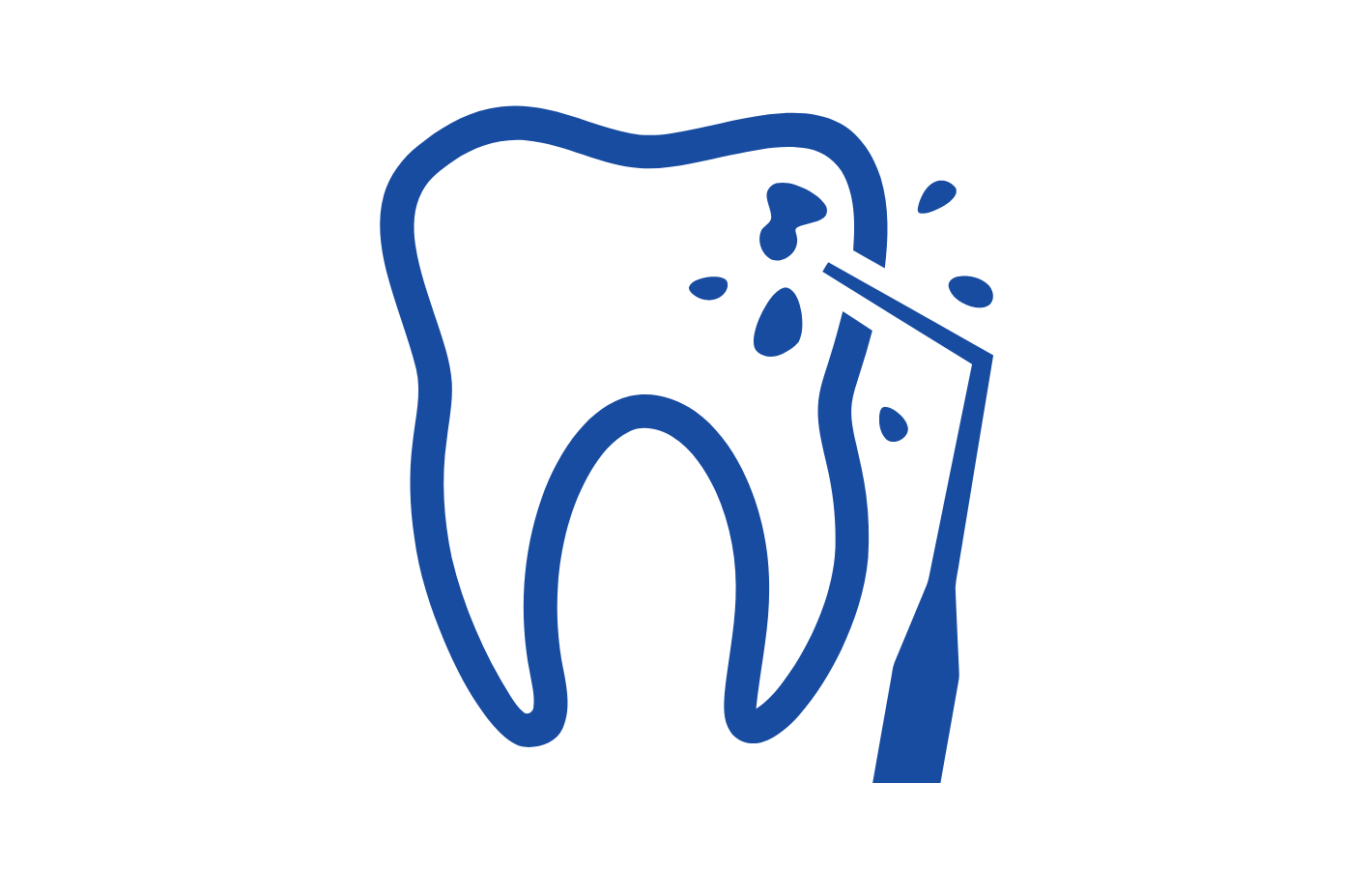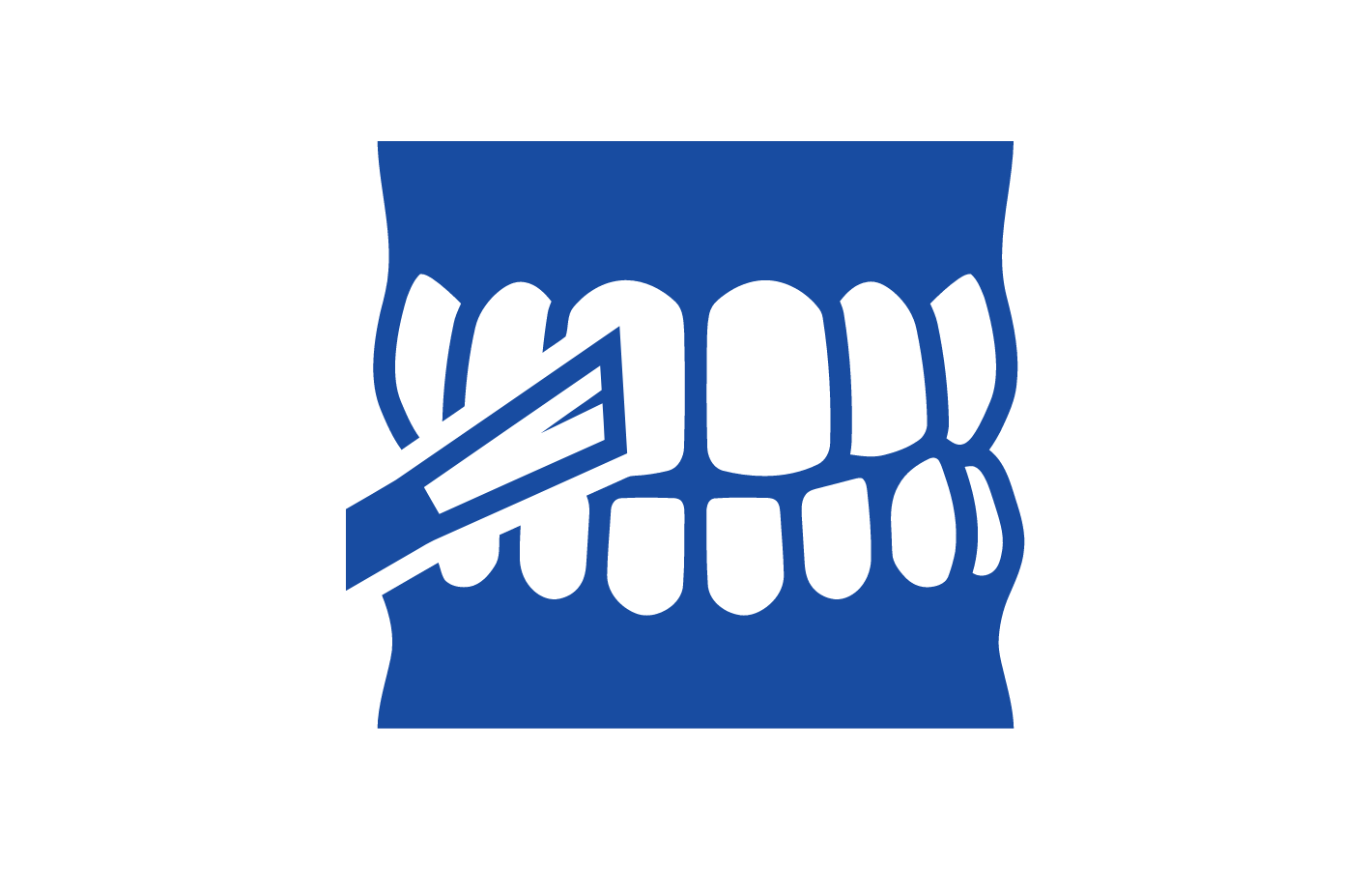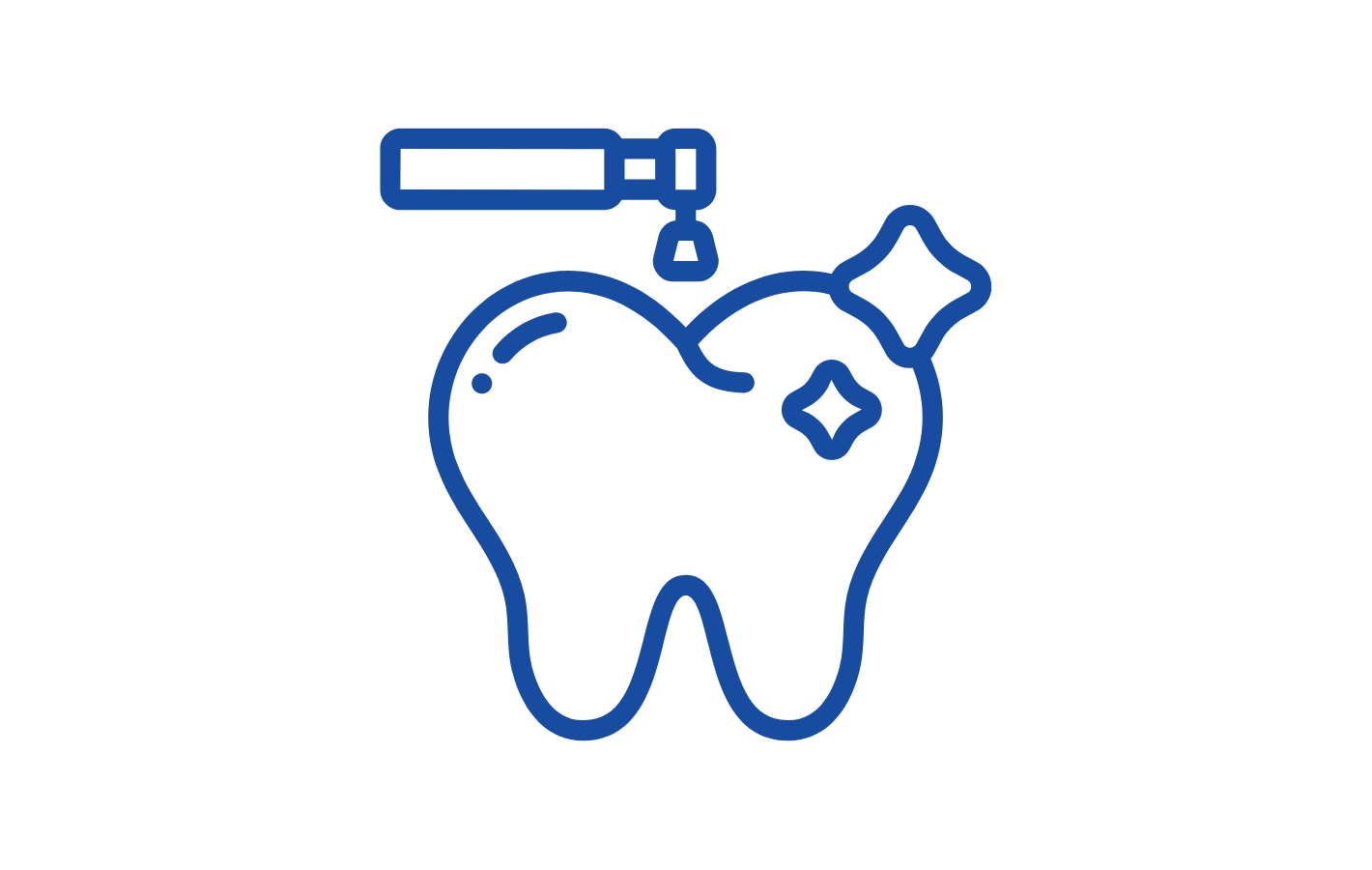
Post-Operative Care: Ensuring Your Child's Comfort and Recovery
At The Children's Dental Center, we understand that post-operative care is crucial for ensuring your child's comfort and promoting speedy recovery after dental procedures. To help you navigate this process smoothly, we provide comprehensive post-op instructions tailored to specific treatments. If you have any questions or concerns, please don't hesitate to contact our office at (662) 513-4188. Our caring team is here to support you every step of the way.
Care of the Mouth After Local Anesthetic:
- If the procedure occurred in the upper or lower jaw, your child's tongue, teeth, lips and surrounding tissue will be numb.
- Your child may not understand the effects of local anesthesia, and could chew, scratch, suck, or play with the numb lip, tongue, or cheek. These actions may cause minor irritations or they can be severe enough to cause swelling and scratches to the tissue.
- After the appointment, monitor your child closely for up to two hours. Try to keep your child on a liquid or soft diet until the anesthetic has worn off.
Care of the Mouth After Trauma:
- Use a soft-wash cloth to keep the treated area clean.
- If you notice a darkened tooth, it could be an indication of a dying nerve (pulp).
- If the swelling comes back, your child will need to be seen again as soon as possible. Use ice during the first 24 hours to reduce the swelling.
- If you notice an infection, call the office so we can see your child immediately.
- Put your child on a soft diet for seven to ten days or until your child feels comfortable eating regular food.
- Stay away from sweets or foods that are extremely hot or cold.
- If antibiotics or pain medicines are prescribed, be sure to follow the prescription as directed.
Care of the Mouth After Extractions:
- Your child should be watched closely so he doesn't irritate his lips, tongue, or cheeks before the anesthesia wears off.
- Do not rinse your child's mouth for several hours.
- Do not let your child spit excessively.
- Do not let your child drink soda or other carbonated drinks for the rest of the day.
- Do not let your child drink through a straw.
- Keep your child's fingers and tongue away from the extraction area.
Also, some bleeding is to be expected. If unusual or sustained bleeding occurs, place cotton gauze or a tea bag firmly over the extraction area and bite down or hold in place for 15 minutes. Repeat if necessary.
- Maintain a soft diet for up to two days or until your child feels comfortable again.
- Avoid strenuous exercise or physical activity for several hours after the extraction.
For pain, use Children's Tylenol, Advil, or Motrin as directed. If a different medicine was prescribed, then follow the directions on the bottle.
Care of Sealants
The American Dental Association says that sealants can play an important role in the prevention of tooth decay. When properly applied and maintained, they can successfully protect the chewing surfaces of your child's teeth.
Sealants form a thin covering over the pits and fissures, keep out plaque and food, which will decrease the risk of decay. Since the covering is only over the biting surface of the tooth, areas on the side and between teeth cannot be coated with the sealant. Good oral hygiene and nutrition are still very important in preventing decay next to these sealants or in areas unable to be covered.
You child must also make regular visits to the dentist to check the sealant, use fluoride, brush and floss daily, and limit sugar. Eating ice and hard candy can also be harmful to the sealant. If these measures are followed and sealants are used on your child's teeth, the risk of decay may be reduced or even be eliminated.
Your child should refrain from eating ice or hard candy, which tend to fracture the sealant. Regular dental appointments are recommended for us to be certain the sealants remain in place.
Oral Discomfort After a Cleaning
A thorough cleaning unavoidably produces some bleeding and swelling and may cause some tenderness or discomfort. This is not due to a "rough cleaning" but because of tender and inflamed gums from insufficient oral hygiene. We recommend the following for two to three days after cleaning:
- A warm salt-water rinse two to three times per day (one teaspoon of salt in one cup of warm water).
- Children's Tylenol, Advil or Motrin for pain.
- Continue to brush twice a day for two minutes.






